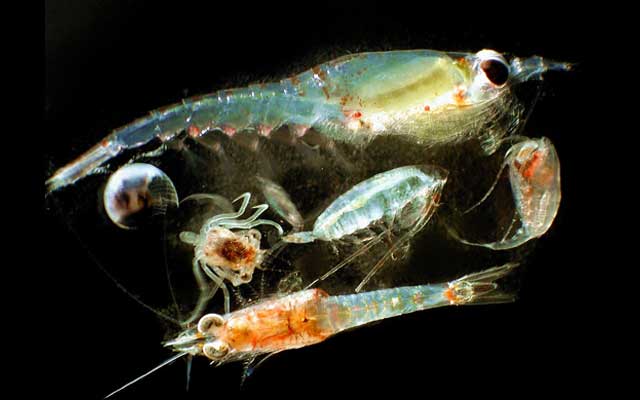
Antarctic marine life may grow faster in a warming world, says study
These new results are published this week (31 August) in the journal Current Biology, and enable researchers to better understand the biological implications of the future ocean warming predicted by the Intergovernmental Panel on Climate Change (IPCC).
By deploying heated panels on the seabed around Rothera Research Station, on the Antarctic Peninsula, the team observed that with a 1°C rise in sea temperature, predicted by the IPCC to occur before 2100, the growth of Antarctic seabed life nearly doubled.
This is much greater than the long held expectation for biological responses to temperature.
With a 2°C rise, however, the results are less clear as some species continued to grow faster whilst others had likely reached a limit.
Organisms on the seabed in Antarctica live in a very cold and stable environment where annual temperatures vary only between -2 and +1°C.
The environment has been this cold for millennia, and so marine life has become highly adapted. Understanding how future environmental change will affect the polar biodiversity in the ocean is key, as species may either benefit from or be damaged by small changes in sea temperature.
Lead author Dr Gail Ashton, who led the project whilst at Rothera says:“This is a deceptively simple and unambiguous experiment. By putting our test plates in the ocean and conducting the experiment there, we’ve changed almost nothing except the water temperature: not the food supply not light levels, nor the surrounding ecosystem. We can see the impact of temperature change very clearly and it’s quite dramatic.”
Researchers monitored the settlement and growth of organisms on the panels using high-resolution photography acquired by divers working in the frigid Antarctic water.
Analysis of the photographs has provided clear visual evidence, which alongside the data reveal that with a 1°C rise in sea temperature, the Antarctic marine community experienced an unexpectedly high level of growth.
The animals that settled on the panels include colonial bryozoans and spiral tube worms, both common to seafloors globally. Increased growth may be a positive ecosystem response, nutrients would be more quickly available to species further up the food chain, while increased skeletal growth would increase carbon capture to the sea floor.
Species richness, the number of different species represented in a community, remained the same under warming, although diversity and evenness of the community was reduced.
The overall dominance of the community by a single species of encrusting bryozoan (Fenestrulina rugula), gives an indication that this species would be one of the winners under future ocean warming. In this study it grew twice as fast in warmer conditions.
Image:Wikimedia Commons
Support Our Journalism
We cannot do without you.. your contribution supports unbiased journalism
IBNS is not driven by any ism- not wokeism, not racism, not skewed secularism, not hyper right-wing or left liberal ideals, nor by any hardline religious beliefs or hyper nationalism. We want to serve you good old objective news, as they are. We do not judge or preach. We let people decide for themselves. We only try to present factual and well-sourced news.







